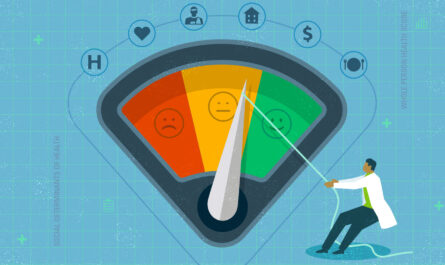Scientists from Osaka University in Japan have discovered that small changes in specific immune cell populations may serve as markers for autoimmune diseases. The study, published in Cell Genomics, focused on CD4+ T cells, a subset of immune cells known to play a significant role in the development and progression of autoimmune disorders. By using single-cell RNA sequencing and non-negative matrix factorization, the researchers analyzed gene expression profiles in CD4+ T cells from both healthy individuals and patients with various autoimmune diseases. The analysis identified 18 different types of CD4+ T cells and 12 distinct gene programs associated with these cell types. When comparing CD4+ T cells from individuals with autoimmune diseases to those from healthy individuals, characteristic changes were observed that were specific to certain autoimmune diseases. The study also highlighted changes in CD4+ T cell categories and gene programs linked to aging and sex, which are known risk factors for autoimmune disorders. The researchers believe that their findings could potentially be used to develop a blood test for detecting autoimmune diseases, allowing for more precise and targeted treatment approaches.
*Note:
1. Source: Coherent Market Insights, Public sources, Desk research
2. We have leveraged AI tools to mine information and compile it



